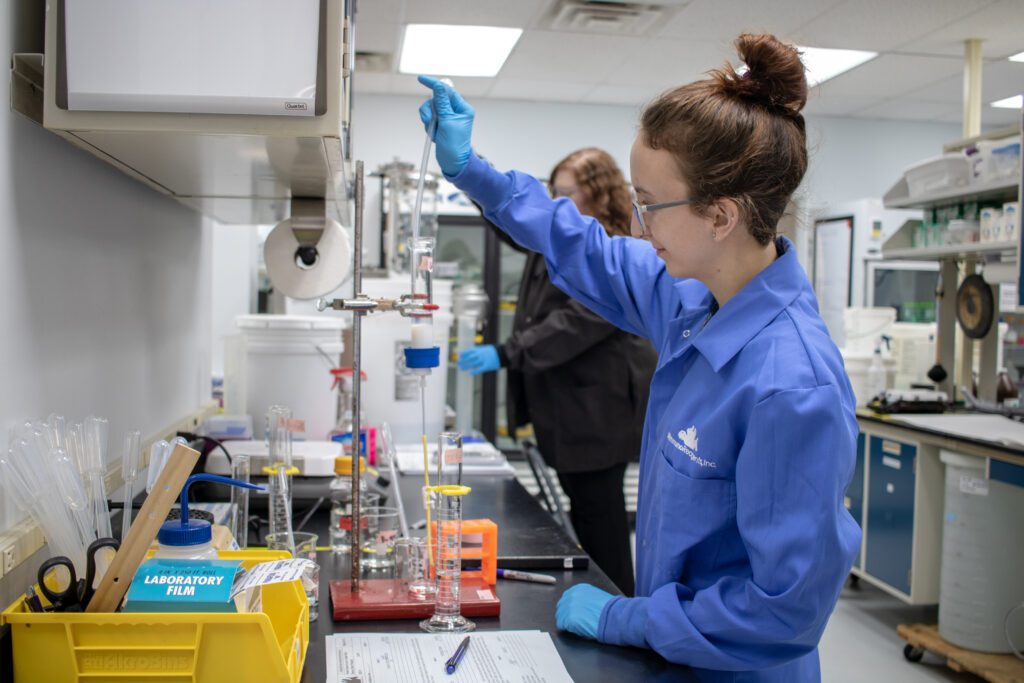Representatives of 175 countries on Wednesday endorsed a resolution to create the first-ever global plastic pollution treaty, a landmark agreement described as the most significant environmental deal since the 2015 Paris climate accord, according to the United Nations Environment Programme (UNEP).
Plastic production, valued at $522.6 billion, is a global industry that is expected to double in capacity by 2040, an analysis by Pew says. “The impacts of plastic production and pollution on the triple planetary crisis of climate change, nature loss and pollution are a catastrophe in the making,” the analysis warns.
Based on three initial draft resolutions from various nations, the End Plastic Pollution draft resolution “addresses the full lifecycle of plastic, including its production, design and disposal,” according to UNEP.
It establishes an Intergovernmental Negotiating Committee (INC), which is to begin its work in 2022 and is tasked with completing a draft global legally binding agreement by the end of 2024. That agreement would impact economies and businesses worldwide and will definitely affect major plastic-producing countries, including the United States, according to the UNEP.
Describing the resolution as “a triumph by planet earth over single-use plastics,” UNEP Executive Director Inger Andersen notes that “the INC’s mandate does not grant any stakeholder a two-year pause” and underscored that “UNEP will work to mobilize private finance and remove barriers to investments in research and in a new circular economy.”
“A shift to a circular economy can reduce the volume of plastics entering oceans by over 80% by 2040; reduce virgin plastic production by 55% and reduce greenhouse gas emissions by 25%,” according to UNEP.
“The resolution will clearly take us towards a future with no plastic pollution, including in the marine environment,” says Tsuyoshi Yamaguchi, Japan’s Environment Minister, whose draft resolution contributed to the final resolution.
Bioplastics as a biotech solution
Cornelia Poku points out in a blog for the Biotechnology Innovation Organization (BIO) that bioplastics “produced from renewable biomass sources” offer a sustainable solution for the problem and could replace many petroleum-derived plastics.
While the technology behind these bioplastics is promising, it is also more expensive than petroleum-based plastic, an issue that “could be tackled with a policy that encourages early price support,” Poku writes.
The more difficult hurdle, according to Poku, is “getting consumers to understand the benefits of a circular economy product and what it means to have a biobased product in the economy and how it’s different from recyclable products.”
Thanks to regulations that limit the use of conventional plastics and incentivize more sustainably sourced materials, bioplastics are becoming a more promising alternative in other countries, Poku says.




